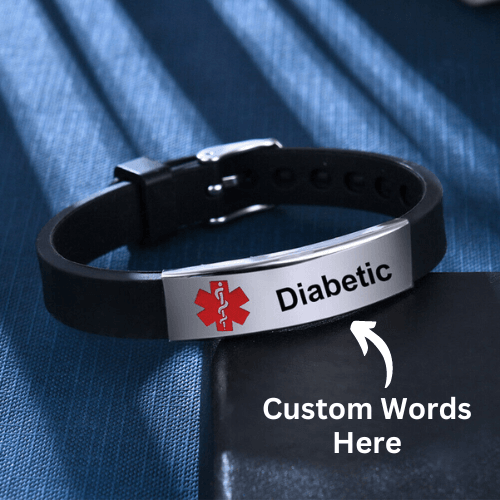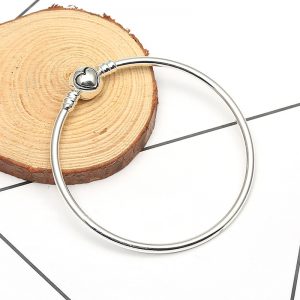Description
Engraving medical conditions on bracelets can be helpful for emergency responders or medical professionals in case the wearer is unable to communicate their medical history. Here are some medical conditions that are commonly engraved on medical alert bracelets:
- Allergies: Especially severe allergies to medications (like penicillin or certain antibiotics), foods (such as peanuts or shellfish), or materials (like latex).
- Chronic illnesses: Conditions like diabetes, epilepsy, asthma, or heart disease, which may require specific treatments or interventions in an emergency.
- Medication information: Engraving the name of medications that the wearer is taking, particularly if they are life-saving drugs or ones with significant interactions.
- Implants or devices: Indicating the presence of implants like pacemakers, insulin pumps, or metal plates can be crucial for medical treatment.
- Blood type: Especially important in case of blood transfusions needed in emergencies.
- Emergency contacts: Including the name and phone number of a trusted emergency contact person who can provide more detailed medical information if needed.
- Organ donor status: Indicating whether the wearer is an organ donor can be important in certain medical situations.
Remember to keep the engraving concise due to space limitations on bracelets, and ensure it’s easily understandable by emergency responders.








